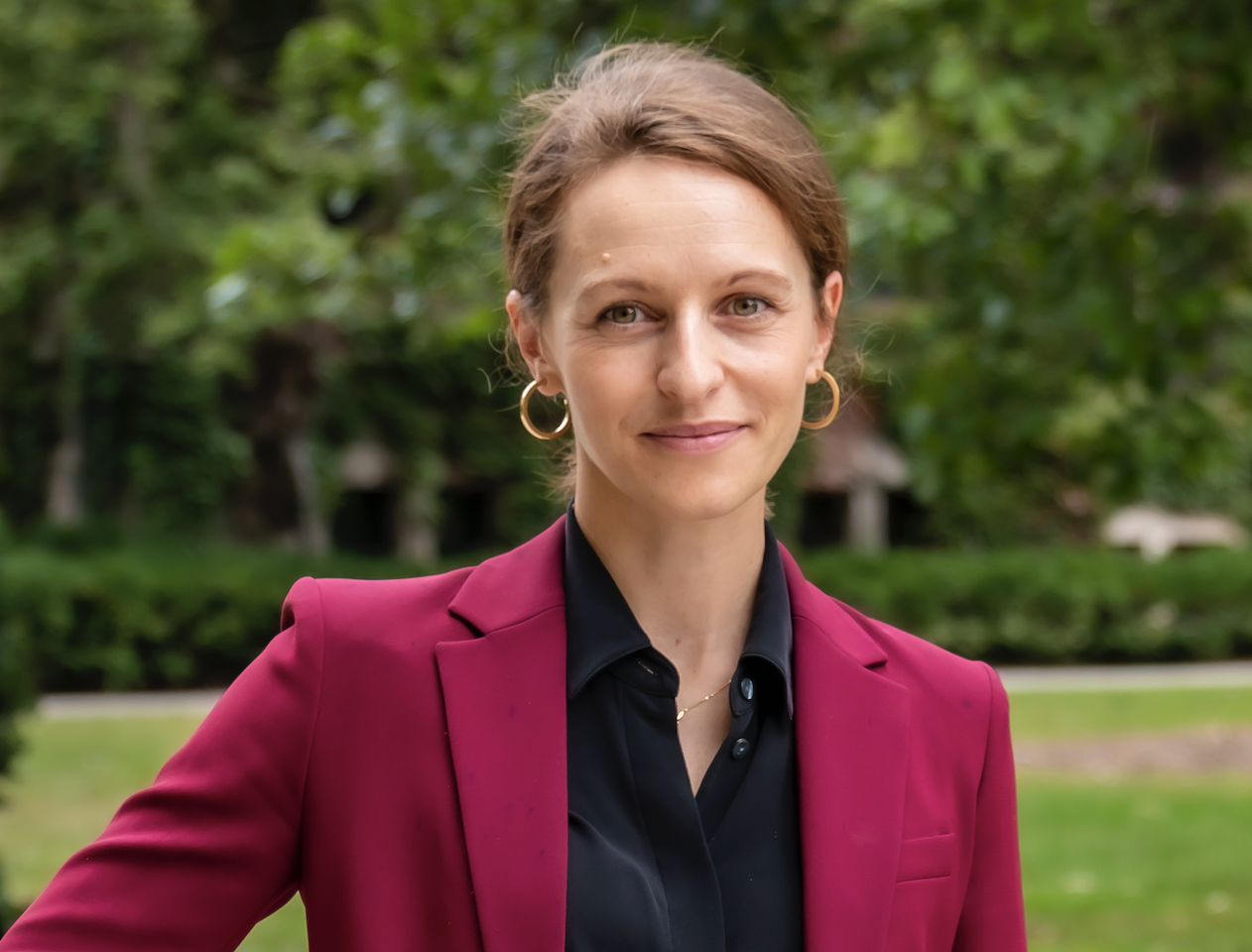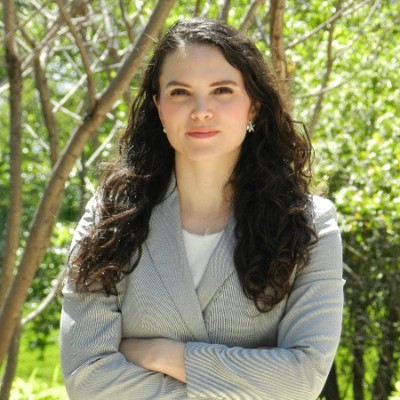
2025-26 Abstract:
Informal medicine markets are widespread across many low- and middle-income countries (LMICs), yet there is limited quantitative evidence on their effects on consumer behavior and societal welfare. This study examines the informal market for medicines in Freetown, Sierra Leone, where unlicensed vendors, known as marketers, sell medicines on public transportation. We conducted a listing of 141 marketers, collecting survey and observational data to uncover key insights. On the supply side, marketers primarily source medicines from wholesale pharmacies and sell them at prices comparable to retail pharmacies. On the demand side, citizens disproportionately rely on marketers for medicines with positive externalities (e.g., deworming pills) and for stigmatized conditions (e.g., STIs). Building on these findings, we propose two studies. First, leveraging quasi-random variation in citizens’ exposure to marketers, we examine whether this exposure influences their engagement with formal healthcare providers. Second, we experimentally vary marketers’ sales pitches to test how behavioral mechanisms, such as persuasive communication, shape demand for essential medicines. Finally, we will assess the quality of medicines sold in informal versus formal sectors through a blind comparison. These findings will inform policies on informal markets in Sierra Leone and provide insights applicable to other LMICs.
Bio:
Anne Karing’s, an Assistant Professor in Economics and the College, research focuses on the economics of healthcare delivery and health-seeking behaviors in low-income countries, integrating insights from psychology. Her core work explores how social signaling motives can influence behaviors to improve individual health and societal outcomes. She has implemented large-scale field experiments in Sierra Leone and Kenya to assess the effectiveness of social signaling incentives in increasing the demand for childhood immunization and deworming treatment. Anne’s follow-up surveys examine the long-run effects of these incentives on preferences and beliefs.
Other branches of her work investigate medicine markets, including the interplay between formal and informal markets and the role of social preferences and competition in addressing market failures among formal providers. She also evaluates the efficacy of government policies designed to enhance the uptake of essential healthcare services.
Karing earned a BA with honors in Philosophy, Politics, and Economics and an MPhil in Economics from the University of Oxford, where she was a Rhodes Scholar. She completed a PhD in Economics at the University of California, Berkeley, and a postdoctoral fellowship at Princeton University’s Department of Economics and School of Public and International Affairs.

Biography:
Dr. Alessandra L. González is a Research Assistant Professor at the University of Chicago Kenneth C. Griffin Department of Economics. The courses she has taught include Gender and Development, Islamic Feminism, Introduction to Sociology, and Public Policy. She is teaching an undergraduate course called The Economics of Gender in International Contexts at the University of Chicago in 2022. Her research examines the role of culture in women´s labor force participation and executive leadership in organizations. She has over 15 years of experience working with partners in the Arab Gulf region, has won awards from the US Department of State, and was selected as a Term Member at the Council on Foreign Relations. Her recent projects in Saudi Arabia analyze student-employer matches and the role of mentorship and entrepreneurship in the employability of young Saudi males and females. Her previous book, Islamic Feminism in Kuwait (Palgrave Macmillan), received nominations for Book of the Year awards by the Society for the Scientific Study of Religion, the Journal of Middle East Women’s Studies, and the National Women’s Studies Association, was reviewed by Journal for the Scientific Study of Religion, Sociology of Islam, Contemporary Islam, the Journal of Church and State, the Journal of Middle East Women's Studies, and Middle East Media and Book Reviews Online, and is listed in the Encyclopedia of Women and Islamic Cultures Online. Her academic articles span a wide range of audiences in sociology and economics, including publication in the American Economic Review. Her work has been used for course instruction at Kuwait International Law School, University of Durham, Baylor University, Yale University, and the University of Chicago, among others. She holds Ph.D. and M.A. degrees in sociology (Baylor University) and a B.A. in sociology and policy studies (Rice University).
Book Title: Price Point: The Economics of Cultural Change and Female Employment in Saudi Arabia
The entry of women into the labor force has been one of the most significant social advances of the twentieth century, but in Saudi Arabia, the practice of women working outside the home underwent a dramatic transformation following the government's Vision 2030 economic program in 2016. This book explores the profound cultural and economic shifts triggered by this policy change, focusing on the dynamic interaction between cultural norms and labor market outcomes. Initially motivated by a desire to understand why college-educated women remained underrepresented in the Saudi labor force, the study reveals that cultural norms—rather than individual aspirations alone—play a central role in shaping labor market preferences and outcomes.
Drawing on four years of original data (2016–2020), including over 180 longitudinal interviews with male and female undergraduates, surveys of 600 students and 200 alumni, and interviews with nearly 100 employers, this book traces the process by which cultural norms surrounding women and work have evolved. The research demonstrates that cultural change is not merely a backdrop to economic shifts but a driving force that affects both the supply of labor (women’s career choices) and the demand for labor (employer recruitment practices). The book argues that as the costs of discrimination rise, organizations and individuals adapt to new norms, reshaping the labor market and creating new opportunities for women in Saudi Arabia.
Through this lens, the book provides a novel analysis of how the changing economic landscape, fueled by state policy and cultural transformation, affects the lives of women entering the workforce. It also offers a broader theoretical contribution to the study of discrimination and cultural change, showing how shifts in social norms can lead to a reconfiguration of economic expectations and behaviors. Ultimately, the book explores the paradoxical consequences of norm change, where the breaking down of gender-based labor market barriers in Saudi Arabia highlights the complex and multifaceted relationship between culture and economic development.

Biography:
Victor Gay is an assistant professor of economics at Toulouse School of Economics (TSE) and a Research Fellow at the Institute for Advanced Study in Toulouse (IAST). His research focuses on the long-run process of cultural change, and on the role of historical institutions for long-run economic growth. In his dissertation, The Legacy of the Missing Men: World War I and Female Labor in France Over a Century, he provided quantitative evidence for persistent impact of World War I in France on female labor and attitudes toward gender roles. He also developed research on the theory of democratization as well as on the role of language structures for economic behavior. He has published in the American Journal of Political Science, Economics and Politics, the Review of Economics of the Household, and Applied Economics Letters. He has served as a referee for the American Political Science Review, the Journal of Labor Research, the Journal of the European Economic Association, and the Quarterly Journal of Political Science.
He obtained his PhD in Economics from the Department of Economics at the University of Chicago in Spring 2018, where he was a CISSR Dissertation Fellow during the academic year 2017-2018. He also obtained a Master degree in Economics from the University of Chicago, a Master degree in Economics from the University of Cergy (France), as well as an MBA from ESSEC Business School (France).
Abstract:
With my project, I will study the long-run impact of French military fatalities in World War I on the behavior of women and gender roles in French society. I am interested in uncovering the specific pathways through which the shock of losing so many young men in the War affected women’s’ working behavior using rigorous empirical methods. Analyzing how World War I affected preferences and beliefs about gender roles throughout society will be a step toward a better understanding of the dynamics of the profound change in the role of women in society throughout the twentieth century.